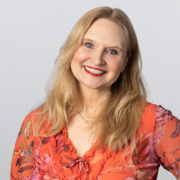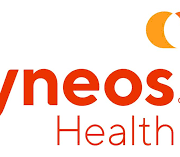HBA 2023 STAR Liz Paulson on improving patient access to health care, advancing females at work, and overcoming imposter syndrome
HBA 2023 STAR Liz Paulson on improving patient access to health care, advancing females at work, and overcoming imposter syndrome
By Maria Fontanazza
Earlier this week the Healthcare Businesswomen’s Association (HBA) held its annual Woman of the Year event. The recipient of this year’s Strategic Transformation Achievement Recognition (STAR) volunteer honors went to Liz Paulson, associate VP, Life Sciences for the Healthcare Business of LexisNexis Risk Solutions. Ahead of the event, Paulson shared her perspectives on the transformation of the HBA, initiatives in improving patient access to health care, and mentoring women during their career journey.
Med Ad News: Can you reflect on the strides and successes of HBA since you became involved with the association? What has changed?
Liz Paulson: It has been almost 20 years since I was first introduced to the HBA, and while the organization has expanded in terms of programming and reach, the fundamental principle of advancing the impact of women in health care remains the same. That passion of radical hospitality I saw in the women I met at my first meeting is burning brighter than ever, and watching all the accomplishments this amazing group of members and volunteers have achieved over the years both professionally and within the HBA has been such a privilege.
As far as transforming the organization, we’ve gone through this evolution of growth, going from a network of U.S. chapters to a regional structure and now creating global operating boards across the world. Personally, I’ve had the chance to springboard some of HBA’s new programs and models which really drove global expansion. The HBA recently created the Honoring Opportunities for Partnerships & Equity (HOPE) program, which I have participated in as one of the founding mentors.
Med Ad News: Are there any initiatives that you currently championing related to health equity?
Paulson: The healthcare industry recognizes the enormous role social determinants of health (SDoH) play on a patient’s overall health. Some patients may lack transportation to get to their appointments or pick up their prescriptions. They may not have stable housing or regular access to a cell phone or internet. They could be isolated socially with no family or friends nearby. Some may not have enough income to purchase fresh and healthy food. It’s widely understood that a person’s social environment plays a critical role in their health outcomes, but the problem is the data on these social factors have been inaccessible.
One initiative my team at LexisNexis Risk Solutions and I are championing is improving access to SDoH data, so providers and researchers can get a better view of a patient or a cohort of patients. We have used our SDoH data to create risk scores that measure things like medication adherence and readmission risk. We’ve also created a patent-pending data token that can help link de-identified datasets from disparate sources. This enables researchers to combine clinical and non-clinical data with precision, giving them more holistic datasets that can help address health inequities.
Med Ad News: What are some of your goals in working with HBA and advancing women in health care moving forward?
Paulson: I love to mentor people in their early careers. I recently had the opportunity to listen to a talk by Carla Harris, and I immediately gravitated to a statement she made about helping women overcome imposter syndrome. I love to let them borrow the confidence I have in them until they have their own. I am truly passionate about helping people achieve what they didn’t think was possible. I have benefited greatly from several mentors throughout my career and would not be where I am today without their confidence and guidance.
Med Ad News: For women who are new to a career in health care, where can they find mentorship resources?
Paulson: I would highly suggest getting involved in the HBA mentoring programs and volunteering. There is a lot of mentoring that goes on informally through volunteering. Mentoring will help you gain new perspectives, learn new skills, set goals, and determine a career path that is right for you. Additionally, I would make sure to take advantage of any internal mentoring programs your company offers, especially ones led by your women’s employee resource groups. It is okay to have more than one mentor and to have mentors outside your company.
Read our recent interview with Mary Stutts, HBA CEO on breaking industry silos and advancing health equity.
| Maria Fontanazza is director of content, PharmaLive and Med Ad News. |

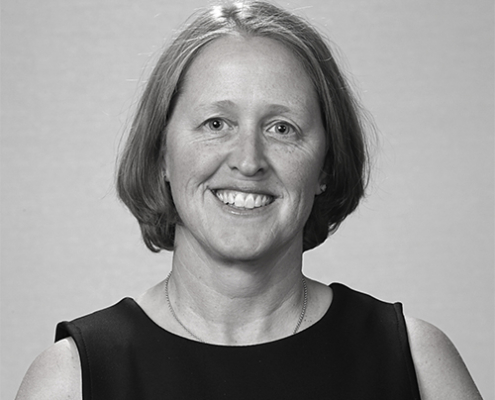
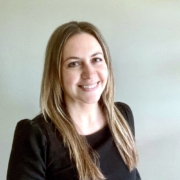


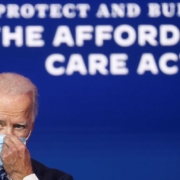
 Reuters
Reuters
